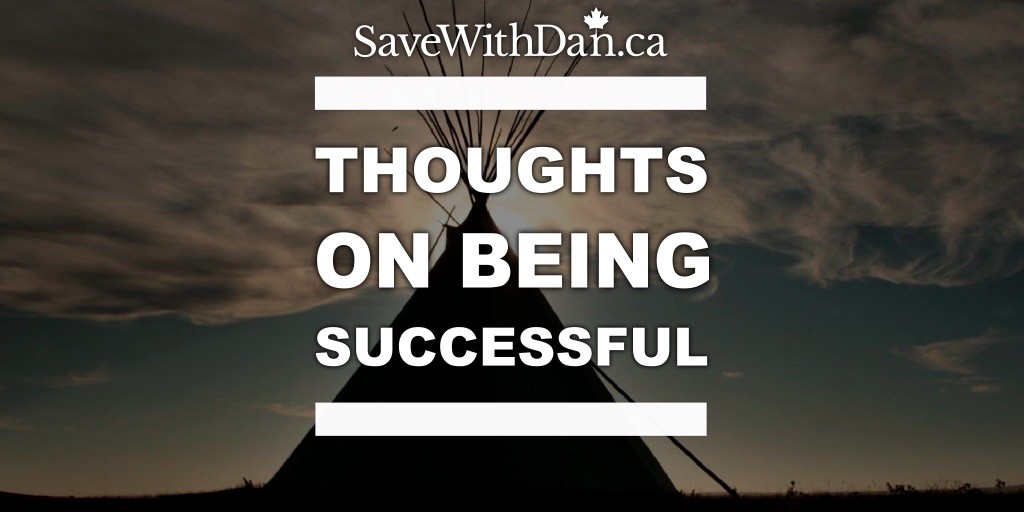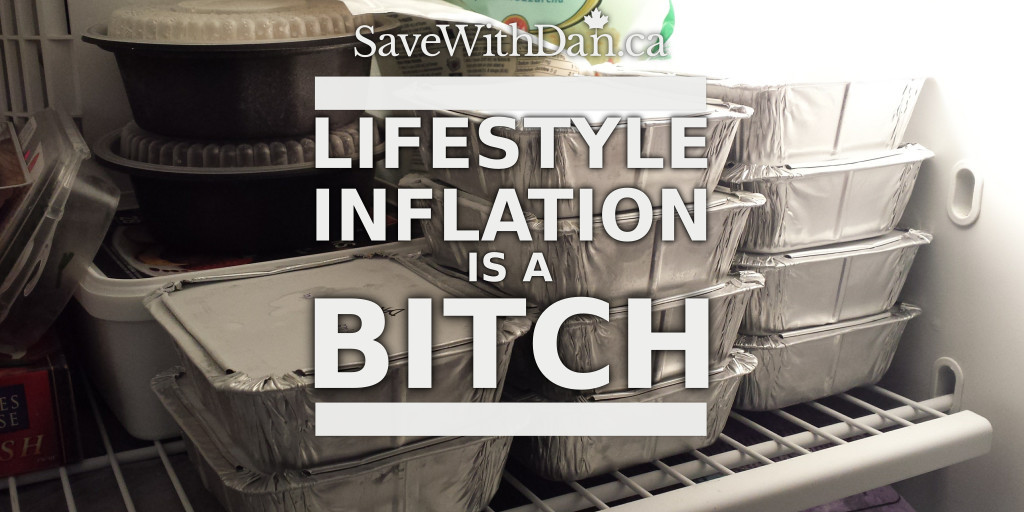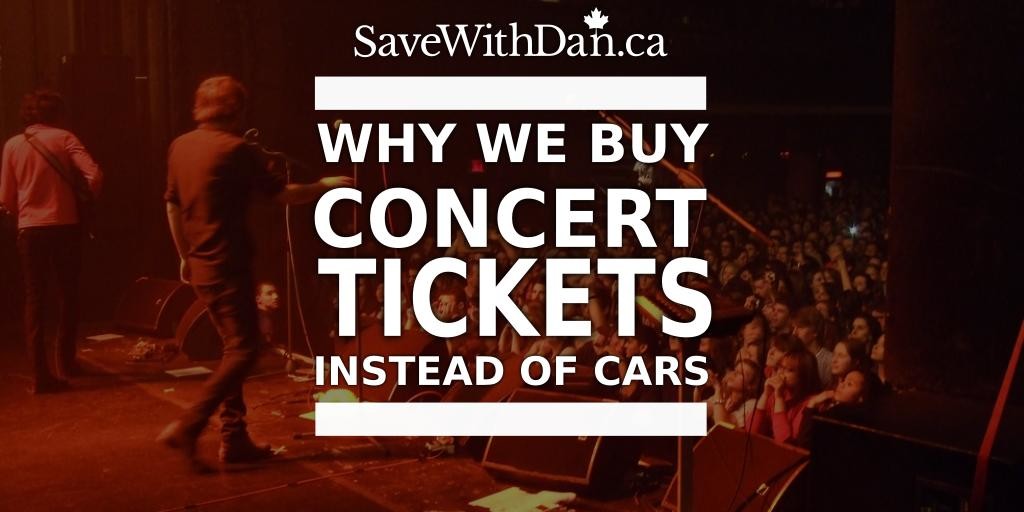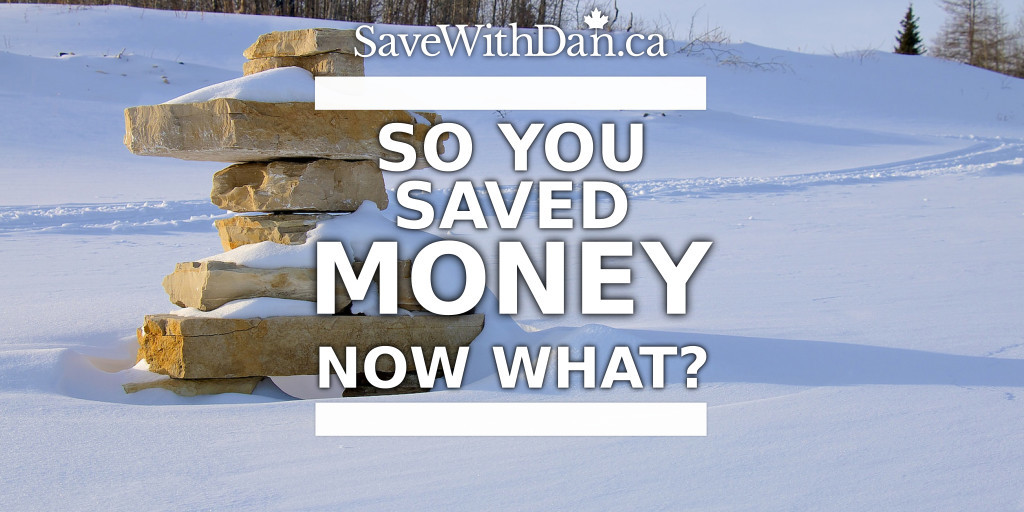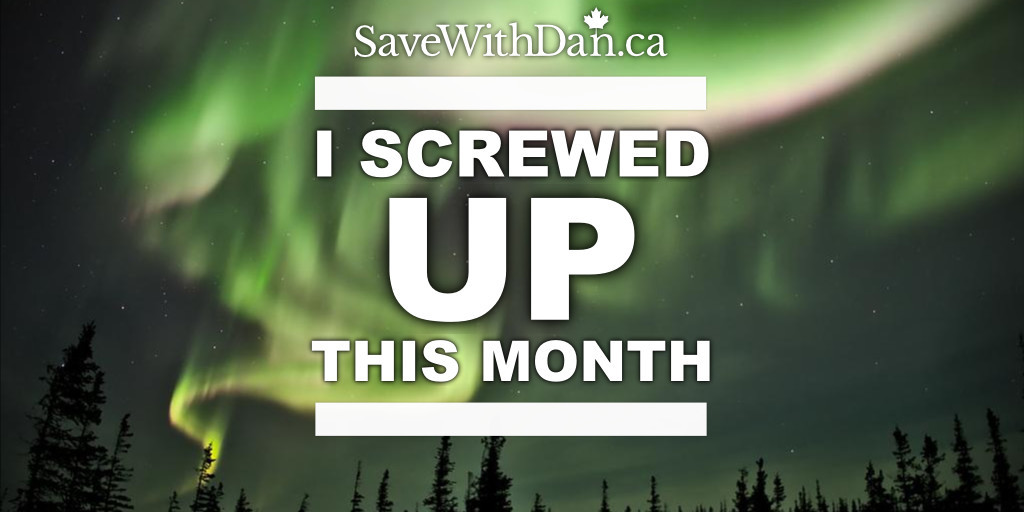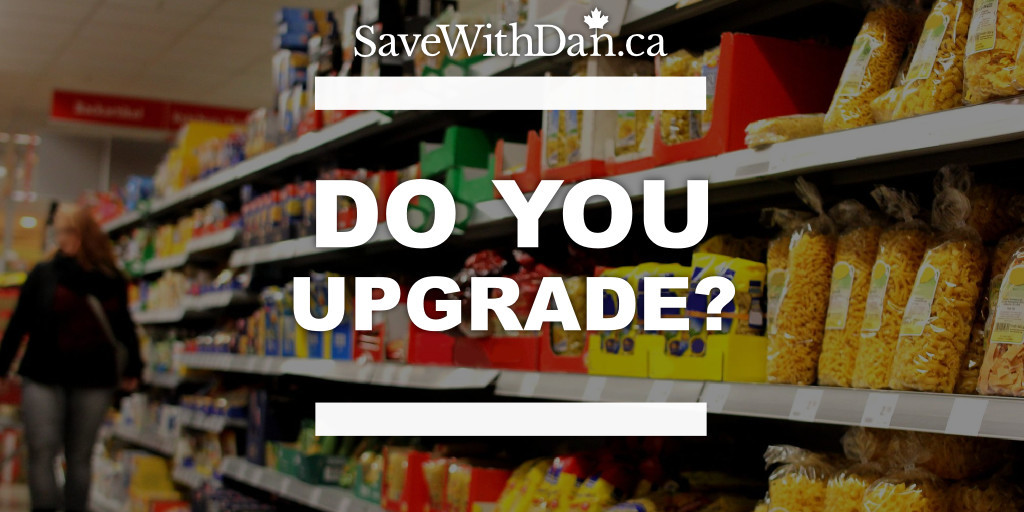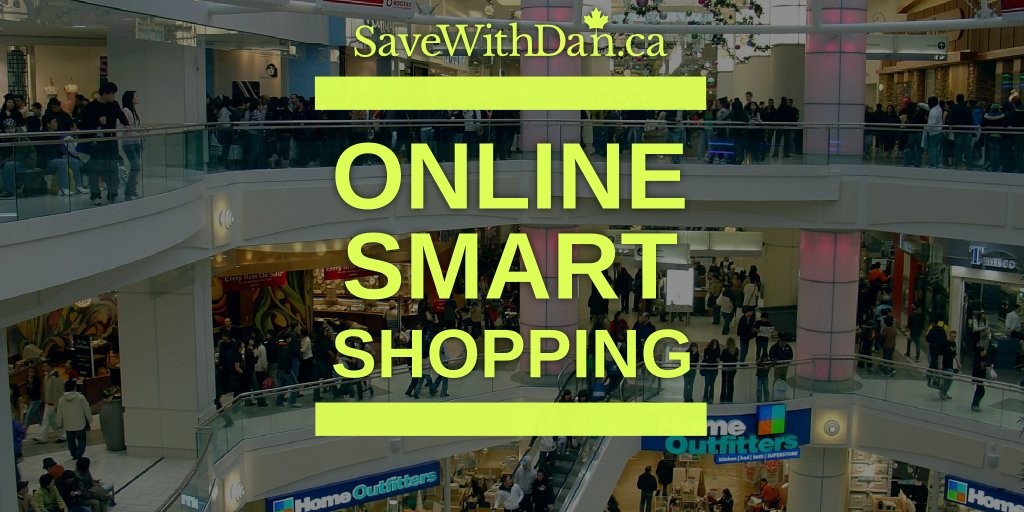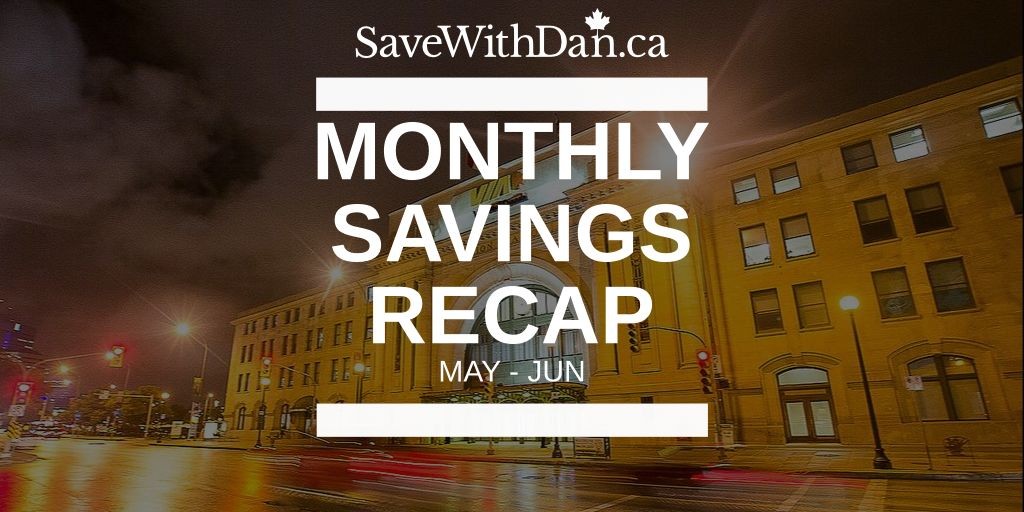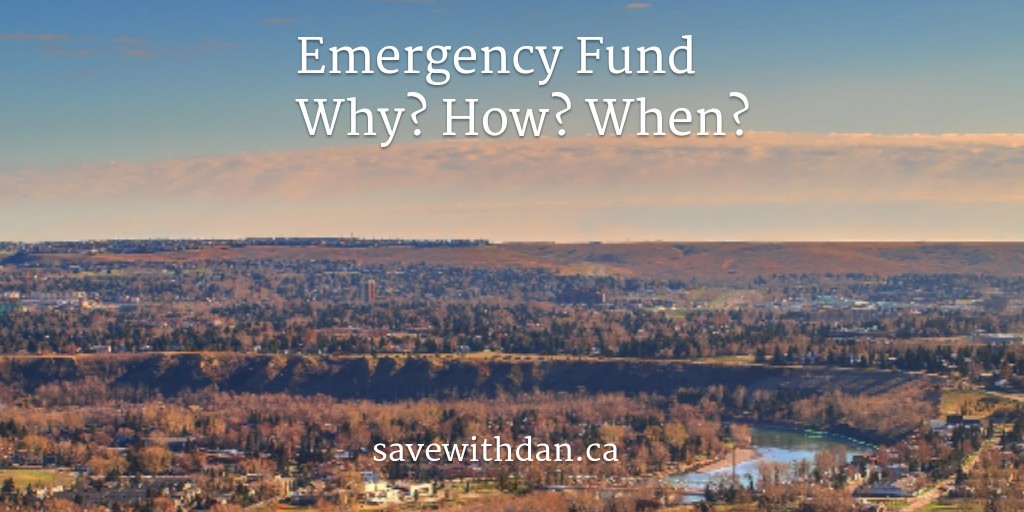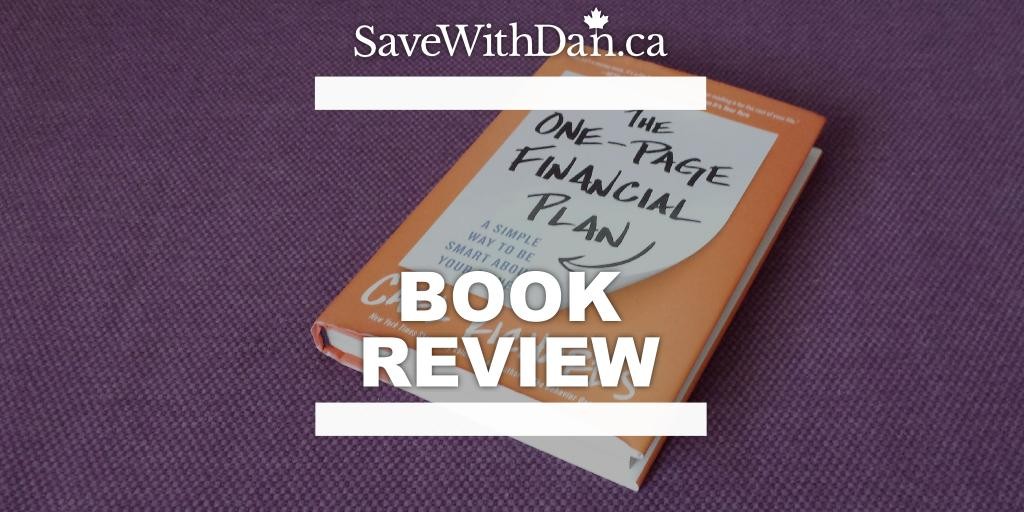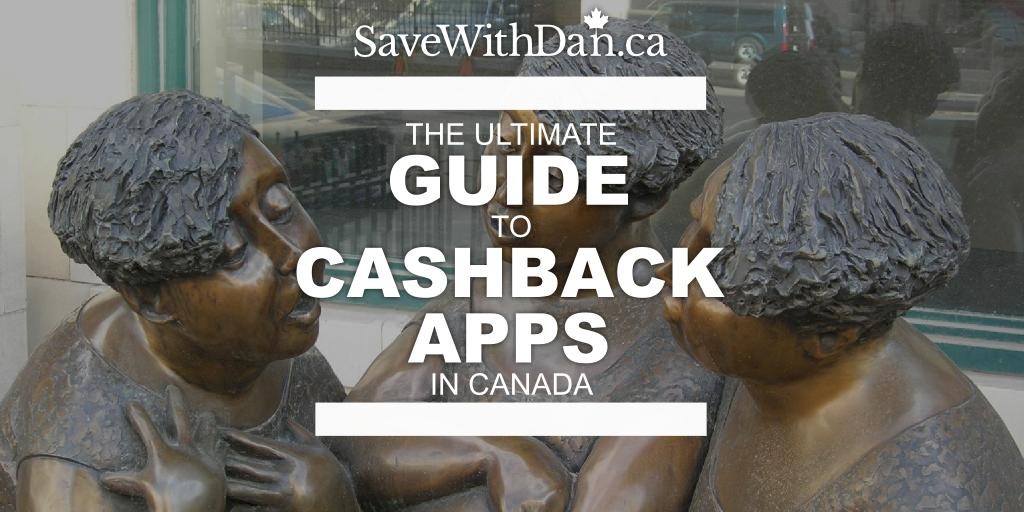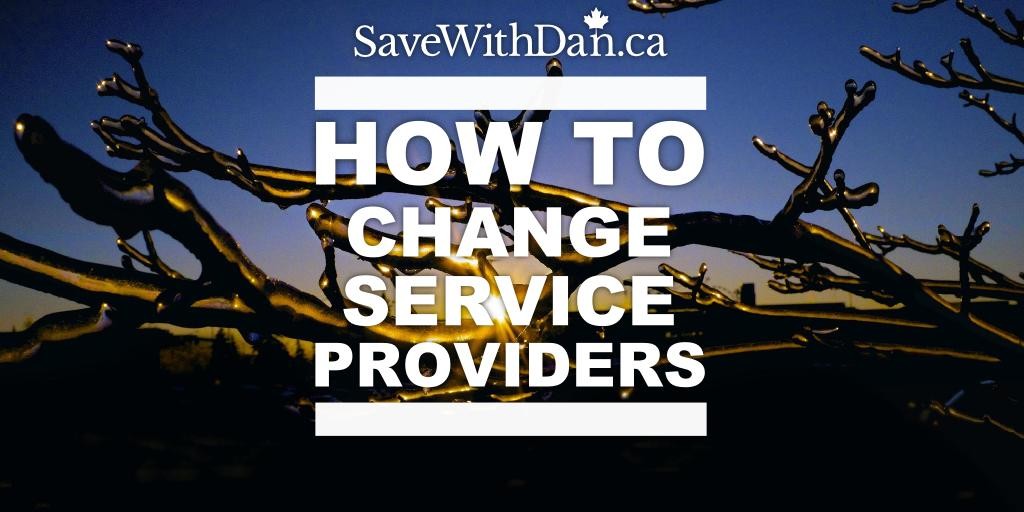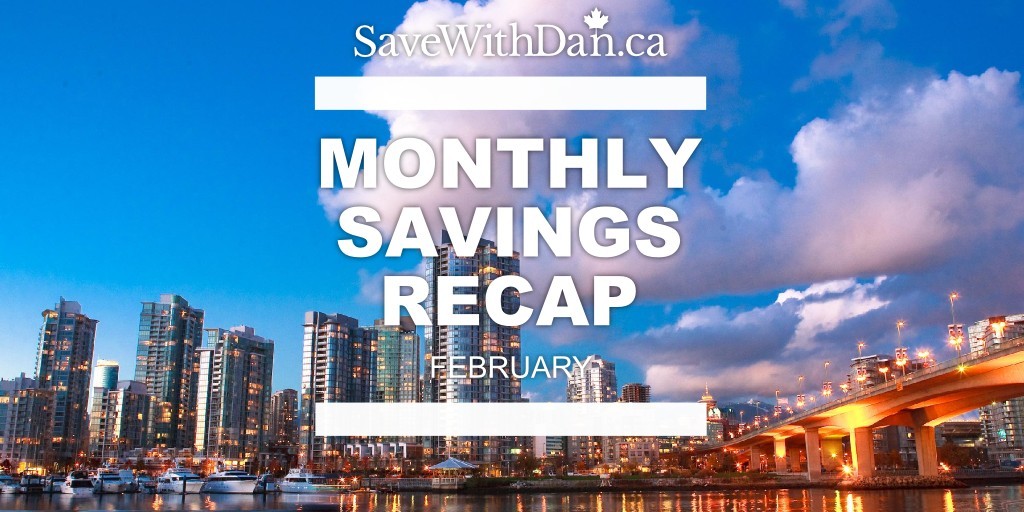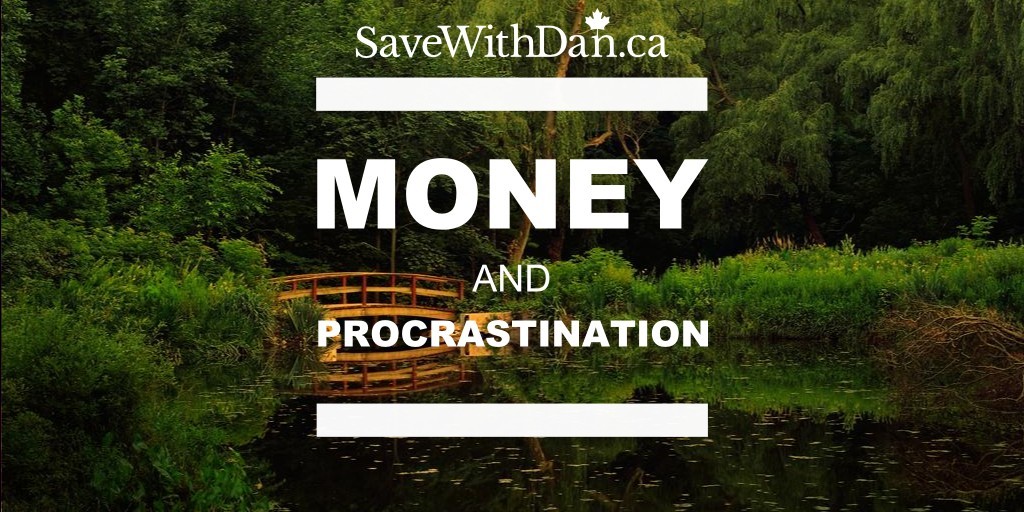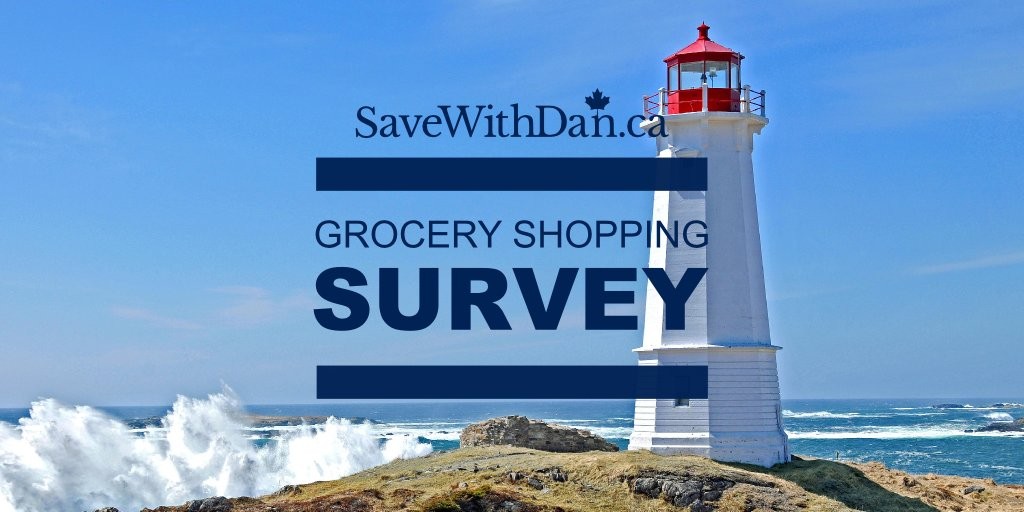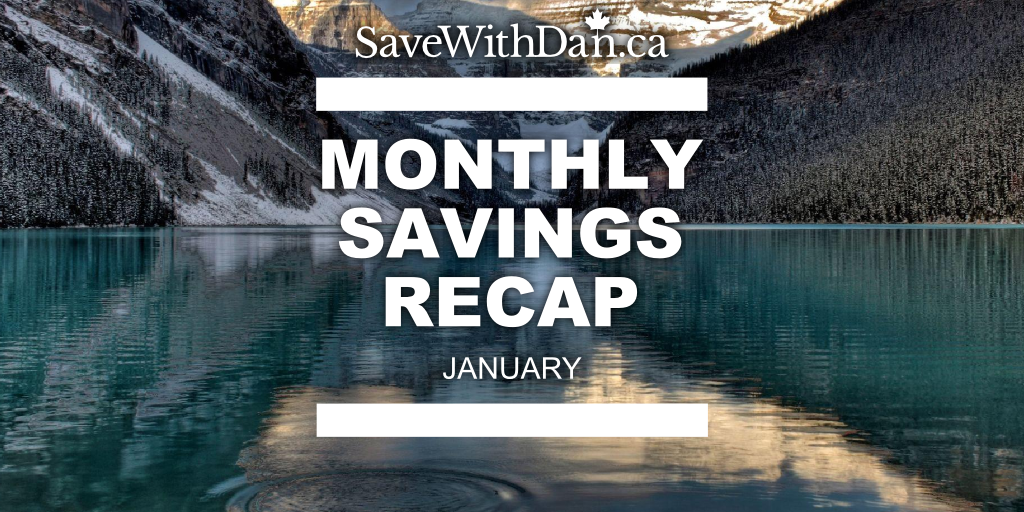Everything you do is based on your choices.
Even when you don’t think you’re choosing something, you are. And most of the choices you make in life have to do with your money, even when you don’t realize it.
Can you remember the last time you made a conscious choice regarding your money? Or the last time you really, on your own, made a choice that could impact your life, be it in a positive or negative way?
I’m always astonished when people tell me, “But I don’t have a choice.” Yes, you do.
If you know me, you know this topic comes up often in my conversations, especially after I say I don’t own a car or I live in a rented apartment. You can read more about my choices here, where I explain why I buy concert tickets instead of cars.
Usually, the dialogue goes like this:
“Yes, it’s true: I don’t have a car.”
“Oh, so you must be lucky enough to live near the metro station.”
“It has nothing to do with luck. We chose to live by the metro.”
“Oh, then you must be rich! Few people can afford to buy a place near the metro.”
“No, I’m not rich. I don’t even own my place. I rent an apartment near the metro because we chose mobility and we like to live on the island.”
“Well, I don’t have the option of not owning a car. You know, I have two small kids and I bought a house in the suburbs because it was what we could afford. Housing on the island of Montreal is so expensive!”
“You know you do have a choice, right? At least you did, but you blew it.”
“No, I don’t.”
So this friend of mine actually chose to have two kids, buy a house in the suburbs, and own a car. Ok, kids are sometimes a surprise (I know that for a fact), but everything else is optional, a choice you get to make.
You have a choice between buying a house in the suburbs or renting an apartment somewhere else.
You have a choice between continuing to pay rent or paying a mortgage for the next 25 years.
You have a choice between owning a car or using car sharing services, taxis, Uber, public transit, or even bikes.
You even have a choice between having a baby or not.
And yes, I know you’re probably thinking about thousands of arguments against any one of these choices. But that, my dear friend, is still you choosing one thing over another.
Values (not the money kind)
We all have internal values that dictate how we live our lives. They can be religious or practical. They can be taught to you by your grandma or your parents. You may even have learnt them by yourself.
The thing is we all live our lives and make our choices based on these values, day in and day out.
Whenever you’re faced with options, your values determine your choices and their outcome, whether you’re aware of it or not.
Every time you make a decision, you build your destiny. Every time you face a dilemma, your brain checks your options against your core values and chooses the one that makes the most sense for you.
This is why it’s so hard to understand why people do what they do, especially when you clearly wouldn’t do the same: your values are different from theirs. Or, more accurately, your values’ hierarchy is different.
For example, family may be more important to you than social status. This means if you had to choose between staying with your family for the holidays or attending a media conference where you’d be the center of attention, you’d choose to stay with your family.
However, given the same choice, your friend might choose the conference. Why? Because to her, social status comes before family. Is that wrong? No. Is it right? It is for her. When it comes to core values, there’s no right or wrong; there’s only what makes sense for you.
There’s no right or wrong
Knowing your core values is just as important as understanding that there’s no right or wrong in this matter.
Your significant other may be hesitant to accept that new job and move to Vancouver with you because his security value may be higher than yours. While you say “Yay, adventure, let’s go!”, he may say “Let’s wait until everything’s properly set up.” That doesn’t mean he’s not willing to make it real, but the way you both handle the situation will be different because you’re evaluating it from different perspectives, each based on your own core values.
So instead of saying “You don’t understand me” or even “I don’t understand you”, think about the other person’s values. What value is most important to them? How do those values differ from yours? Maybe then you can understand them a bit better, and maybe you will connect with them on a deeper level.
What about money?
Once you understand what your core values are, you’ll understand the reasoning behind most of your decisions.
And of course, a lot of those decisions are money-related.
The main financial application for your core values is building a budget. If you know what’s really important to you, you’ll have no problem building a budget that makes sense for you!
The main problem with budgets is that they’re like diets: you wouldn’t stick to a budget that made no sense for you any more than you would stick to a diet full of food you don’t like! This is why people have a hard time after receiving advice from a (bad) financial advisor: he will force a budget down their throats, but they won’t relate to it.
Let me help
It doesn’t really matter what you want to know your core values for. Self-knowledge is a powerful tool with infinite potential uses.
One of the first things I do with my clients is to help them figure out their core values. I can’t overstate how important and useful this is, and during the course of our work together, we always come back to them: to build a budget, save money, choose investments, change habits, make more money, you name it.
A friend of mine challenged me by asking what’s the most valuable thing I give my clients. And I can say without a doubt: core value knowledge.
Then she challenged me to give this most valuable thing away… for free.
Challenge accepted!
I’ll help you figure out your five most important core values on a 60-minute live call on which we’ll go through a simple but powerful exercise. No strings attached, no selling anything, just a pure and simple gift from me to you.
So reach out and let’s decide on a time slot. It will be a pleasure to connect and share such important information with you!

